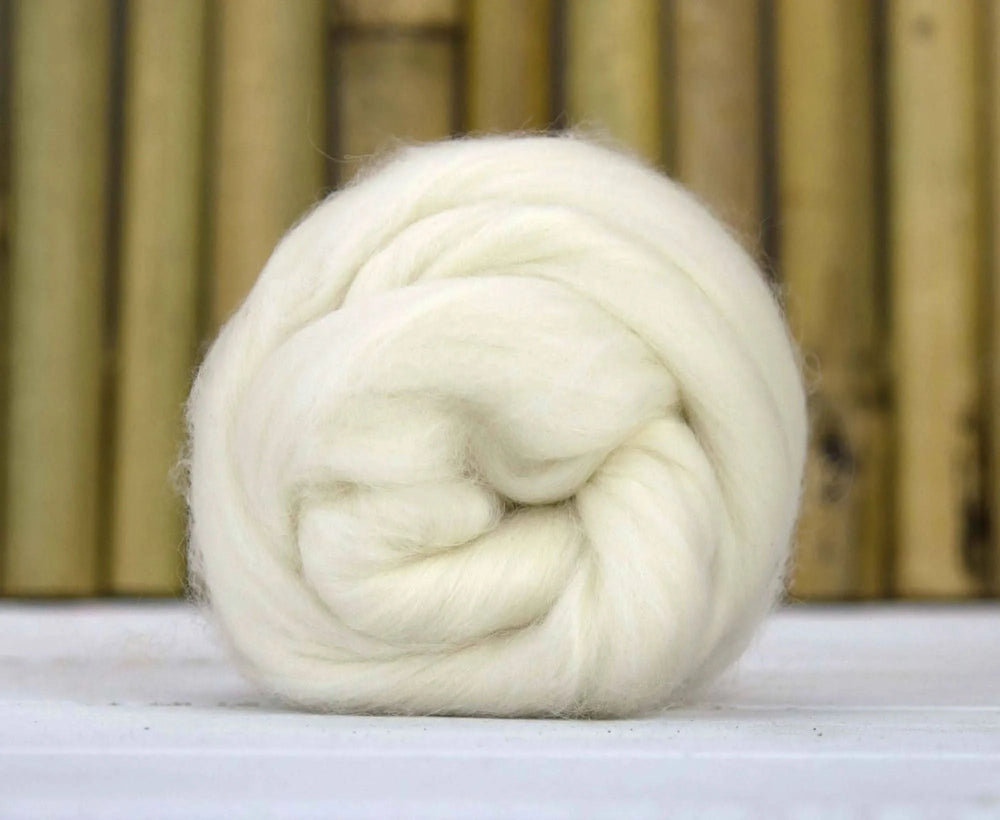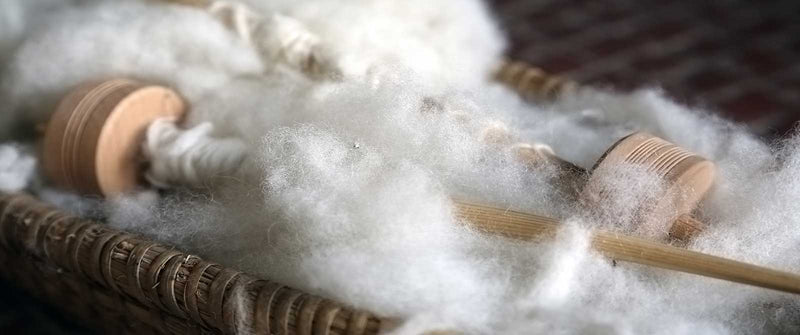How to Care for Your cashmere Garments and Keep Them Fresh
How to Care for Your cashmere Garments and Keep Them Fresh
Blog Article
Reasons You Need To Need Cashmere an All-natural Fiber for Comfort and Style in Everyday Wear
In the realm of fabrics, few fibers rival the luxury and convenience of cashmere. This one-of-a-kind material, understood for its remarkable gentleness and insulation, provides unparalleled comfort and beauty for daily wear. What establishes it apart from other fibers? How does it impact the environment and exactly how does it contrast to synthetic alternatives? In addition, just how can one best utilize cashmere to raise their design? These interesting concerns lay the foundation for an enlightening expedition into the globe of cashmere.
Comprehending the Elegant Nature of Cashmere

Assessing the Convenience Aspect of Cashmere Garments
What qualities underline the comfort factor of cashmere garments? The softness of cashmere is the first high quality to think about. Its luxurious texture makes it seem like a second skin, providing heat without the weight or itching linked with various other woollen products. Cashmere's distinct fiber framework enables for breathability, regulating temperature and preventing getting too hot. The material's adaptability and toughness guarantee that it mold and mildews against the body conveniently, preserving its form gradually. Cashmere's hypoallergenic residential properties additionally add to its comfort, making it a suitable choice for sensitive skin. The ability to layer cashmere items without bulkiness enhances the comfort variable. Basically, the comfort of cashmere is derived from its gentleness, breathability, longevity, hypoallergenic nature, and flexibility.

The Environmental Effect and Sustainability of Cashmere
While the convenience and beauty of cashmere are undoubtedly appealing, it's similarly crucial to consider its relationship with the environment. Cashmere production, primarily in Mongolia and China, includes raising cashmere goats, which can considerably stress fragile grassland ecological communities because of overgrazing. This can cause a fantastic read desertification, a pressing environmental issue. The processing of cashmere, involving washing and dyeing, can additionally add to water contamination if not properly managed. Nevertheless, efforts are being made to establish lasting cashmere manufacturing approaches, such as rotational grazing and cleaner handling methods. While cashmere has environmental influences, its sustainability mainly depends on production practices.
Contrasting Cashmere to Artificial Fibers: A Cost-Benefit Analysis
Despite its environmental difficulties, cashmere provides a distinct collection of advantages over synthetic fibers. Cashmere's all-natural fibers supply exceptional gentleness and warmth, converting right into comfort that artificial fibers battle to match. Unlike artificial fibers, cashmere does not add to microplastic contamination, making pop over here it a much more sustainable selection.
Designing Tips With Cashmere for Everyday Beauty
Having actually considered the cost-benefit evaluation of cashmere contrasted to artificial fibers, it comes to be clear why this elegant here material is a favored selection for numerous. When styling cashmere for day-to-day beauty, simpleness is crucial. Ultimately, the integral beauty of cashmere makes it a versatile enhancement to any wardrobe, easily enhancing day-to-day outfits with a touch of deluxe.

Conclusion
In enhancement, cashmere's sustainability and lower environmental influence compared to artificial fibers even more boost its appeal. Investing in cashmere garments is a rewarding decision for design, convenience, and sustainability.

Report this page